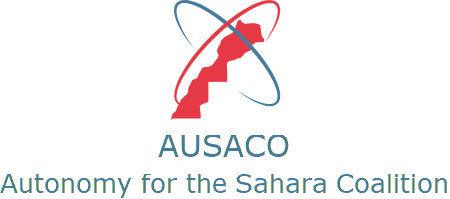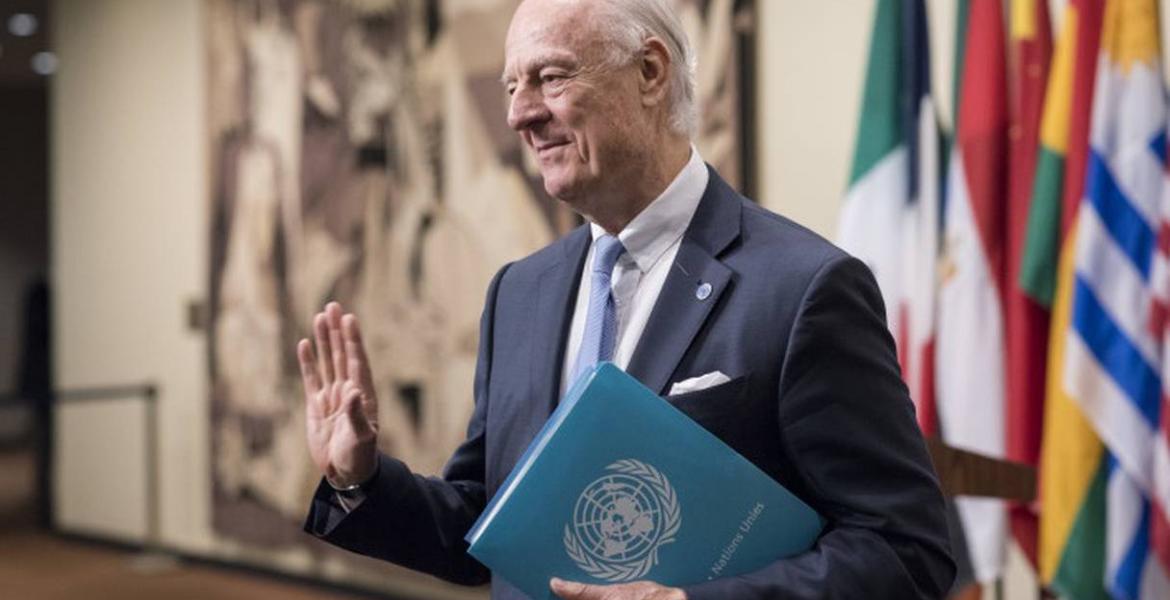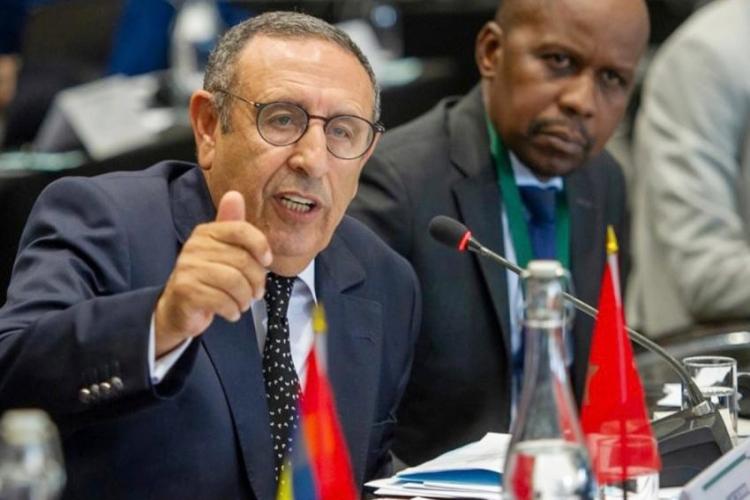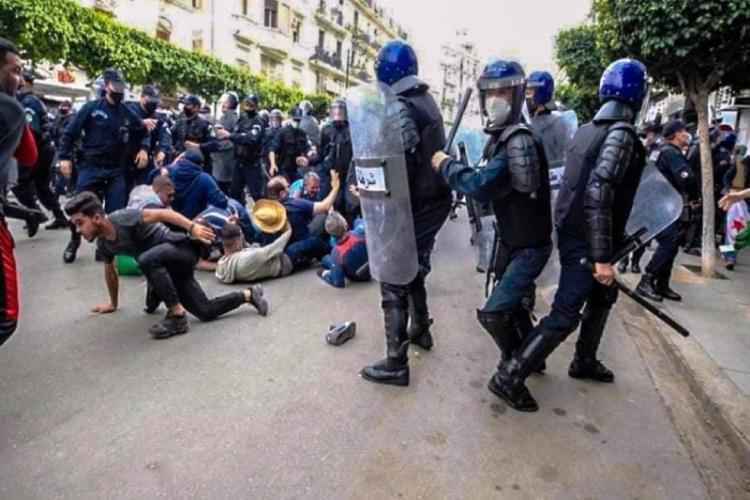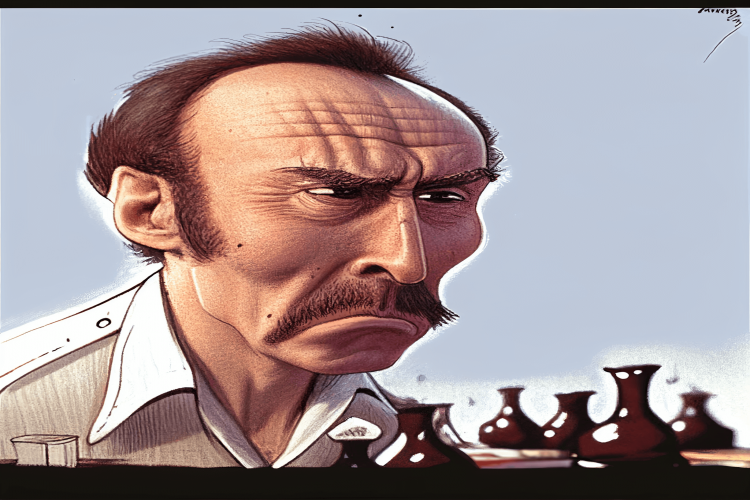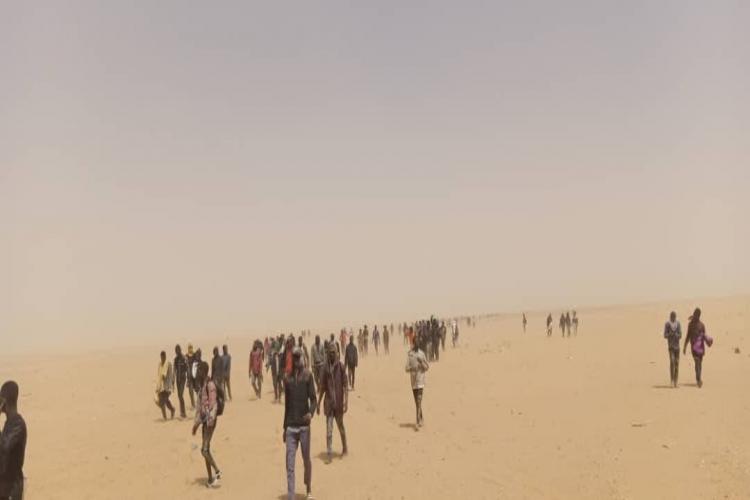The Controversial De Mistura Visit to South Africa: A Step Backward in Resolving the Western Sahara Issue
The longstanding conflict over the Western Sahara has once again captured international attention, as former United Nations envoy Staffan de Mistura embarks on a visit to South Africa. This move has sparked outrage from Morocco, claiming interference in its internal affairs and expressing deep concern about the potential negative impact on the ongoing efforts to resolve the Western Sahara issue. Many sees that De Mistura's visit to South Africa may not be a constructive move and might hinder the progress towards finding a lasting solution to the Western Sahara conflict.
Staffan de Mistura's visit to South Africa has added a new layer of complexity to the Western Sahara conflict. The Moroccan government has expressed its outrage, arguing that South Africa's involvement constitutes unwarranted interference. The visit is seen as a move that could exacerbate tensions rather than contribute to a constructive dialogue between the parties involved.
South Africa's historical ties with the African National Congress (ANC) and its support for the Polisario Front have long been known. However, Morocco's reaction suggests that the current visit goes beyond diplomatic engagement and crosses into what it perceives as interference in its internal affairs. The Moroccans argue that De Mistura's visit to South Africa is an attempt to garner support for the Polisario Front's cause, potentially undermining the ongoing diplomatic efforts led by the United Nations.
The United Nations has been actively involved in seeking a resolution to the Western Sahara conflict, with various envoys appointed to facilitate negotiations between the parties. De Mistura's independent visit to South Africa raises concerns about the potential divergence from the UN-led process. This move may create confusion and undermine the established framework for negotiations, hindering the prospects of finding a mutually acceptable solution.
The timing of De Mistura's visit also raises eyebrows. Morocco has been actively engaging with the international community to find a negotiated solution, and this visit may be perceived as ill-timed and counterproductive. Questions about the motivations behind the visit arise, prompting speculation about potential ulterior motives that could complicate the delicate balance of negotiations.
The Western Sahara conflict is not isolated; it has broader implications for regional stability in North Africa. Morocco has consistently called for a solution based on autonomy under its sovereignty, while the Polisario Front insists on the right to self-determination, including the option of independence. De Mistura's visit to South Africa, perceived as siding with the Polisario Front, may further polarize regional dynamics, potentially escalating tensions and impeding efforts to foster stability in the region.
Despite the controversy surrounding De Mistura's visit, Moroccan Foreign Minister Nasser Bourita has stated that South Africa's agitation will not affect Morocco's momentum on the Western Sahara issue. Morocco remains committed to diplomatic channels and has demonstrated resilience in pursuing a solution through dialogue. The visit, however, introduces an unwarranted challenge that may divert attention from the core issues at hand.
In conclusion, De Mistura's visit to South Africa adds a layer of complexity to the already intricate Western Sahara conflict. Morocco's outrage at what it perceives as interference and potential disruptions to the UN-led process underscores the sensitivity of the situation. The international community must carefully consider the implications of such moves on regional stability and the ongoing efforts to find a lasting and mutually acceptable solution to the Western Sahara conflict. Balancing diplomatic engagement while respecting established frameworks remains crucial to fostering constructive dialogue and achieving a resolution that addresses the concerns of all parties involved.
For a conflict as deeply rooted as the Western Sahara issue, unbiased and impartial mediation is crucial for fostering trust and reaching a sustainable resolution. The involvement of external actors, especially those with clear partisan leanings, may undermine the delicate diplomatic efforts that have been ongoing for years. The international community must prioritize impartiality and adherence to established diplomatic norms to ensure that the mediation process remains fair and effective.
